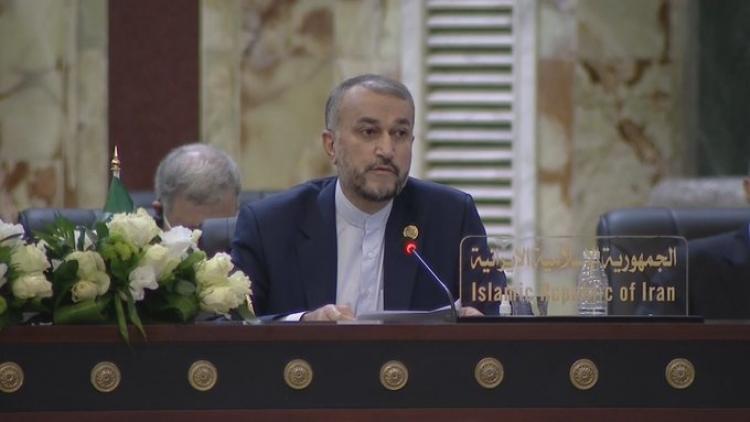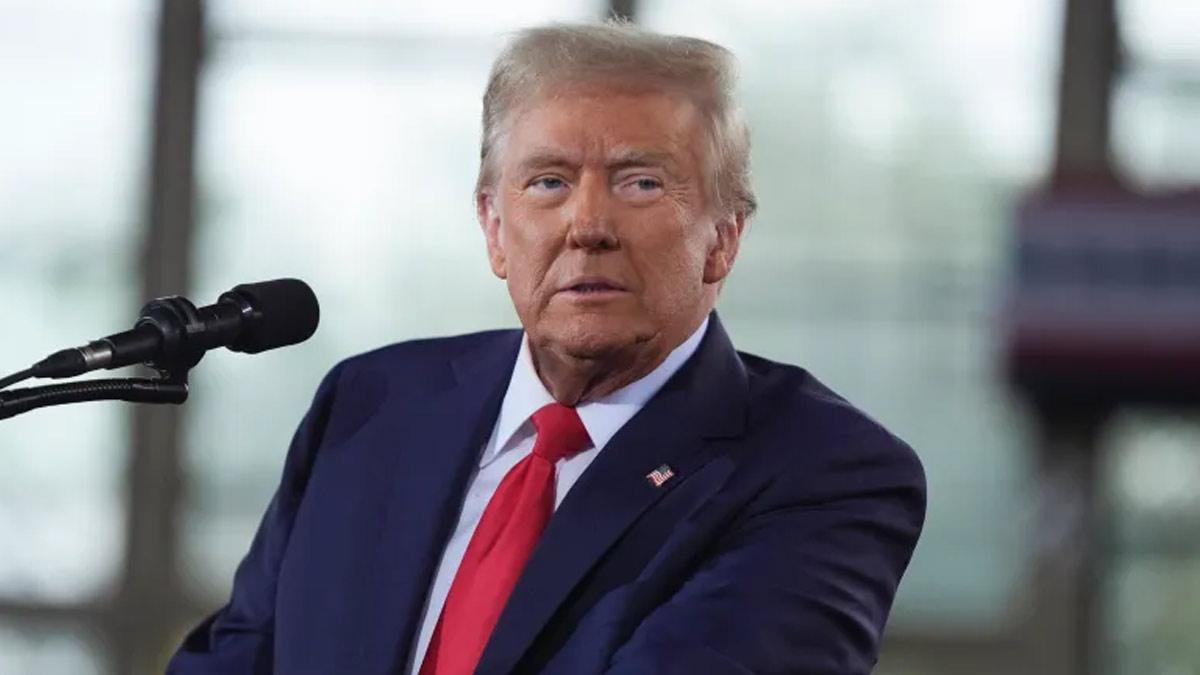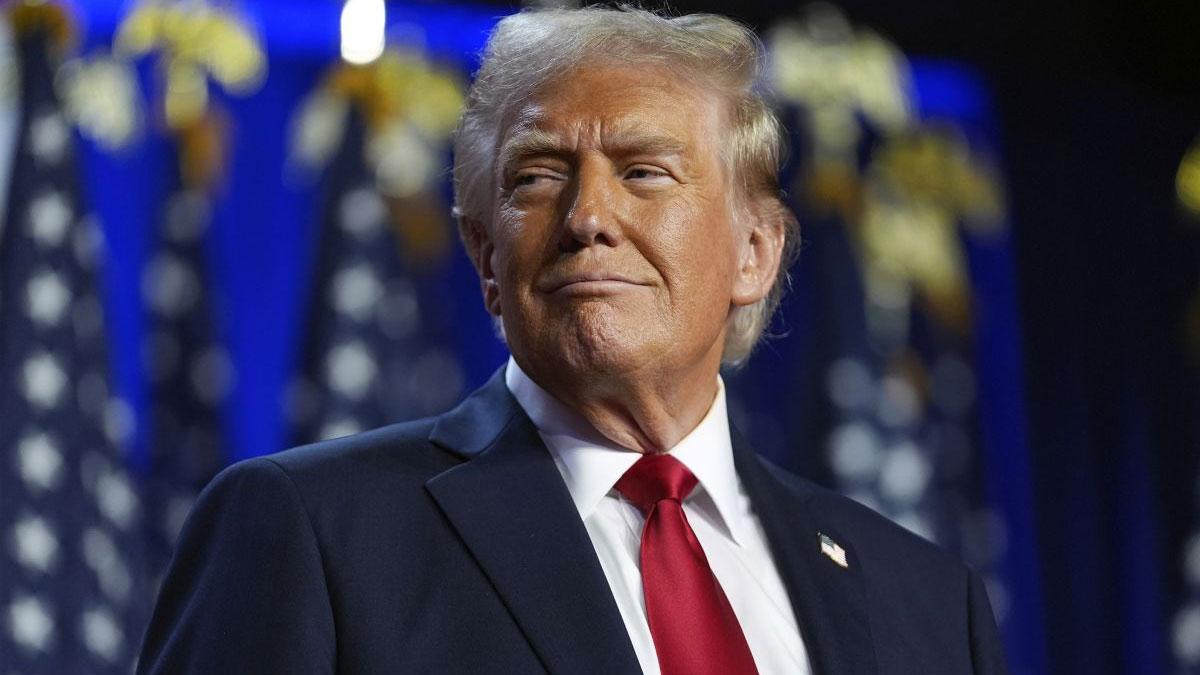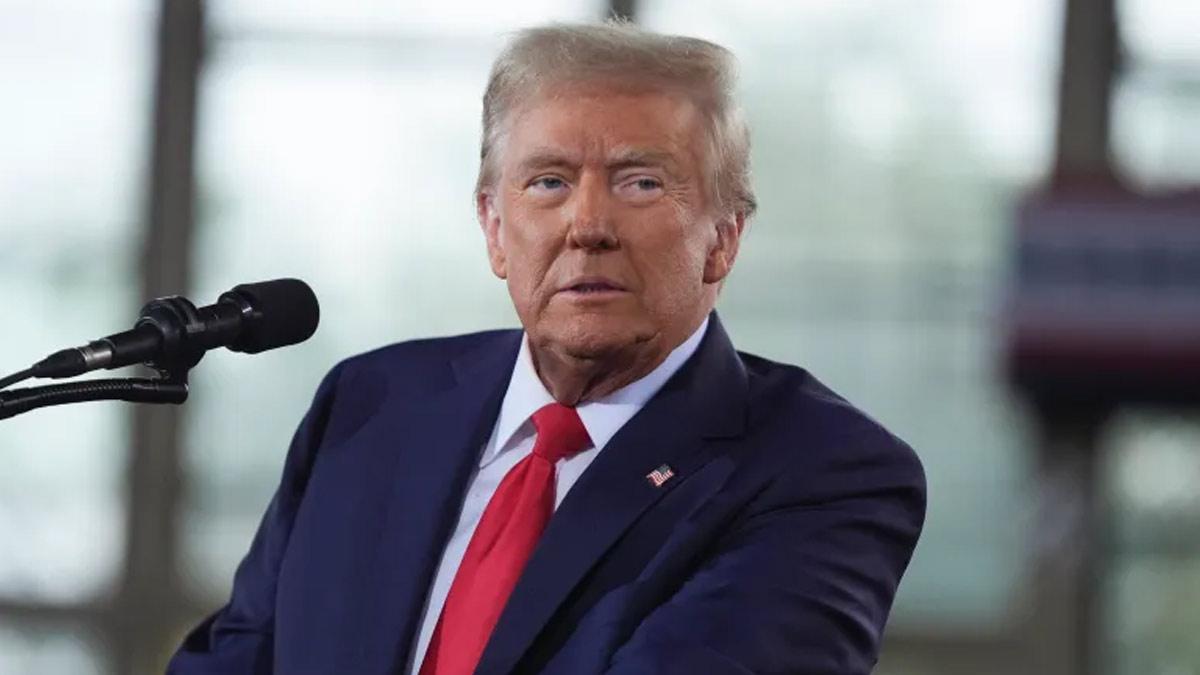Iranian Foreign Minister Hossein Amir Abdollahian has warned the West against challenging Tehran's red lines in the Vienna talks aimed at reviving the 2015 nuclear deal.
Amir Abdollahian made the remarks during a meeting with his Austrian counterpart Alexander Schallenberg on Saturday on the sidelines of the ongoing 58th Munich Security Conference here, reports Xinhua news agency.
"Tehran's definite choice is to respect national interests and not to cross the logical and legitimate red lines of Iran," Abdollahian said.
The Western parties to the deal must make their final decision on whether to end their current "economic terrorism and inaction", he added.
Also Read | German Chancellor calls for negotiated solution to Ukraine crisis
He also said that Iran favours the "quality" of any possible deal in the ongoing talks in Vienna.
Rejecting some comments of "setting fake deadlines", Amir Abdollahian said that Iran believes the "quality" of an agreement should be assessed within the context of time.
"If the legitimate demands of Tehran are respected today, an agreement can be reached in Vienna. In these last steps, it is important for the other party not to make miscalculations and not to drag the negotiations to the media space," he added.
The top diplomat further emphasised his country's determination for "a good agreement", expressing the hope that parties to the negotiations can play an effective role in securing Iran's "legitimate rights".
Also Read | Russia holds strategic deterrence exercise amid tensions with Ukraine
On Friday, Abdollahian said the talks between Iran and the world powers in Vienna are "very close to a good and accessible agreement".
Former US President Donald Trump pulled out of the 2015 Iranian nuclear deal, formally known as the Joint Comprehensive Plan of Action (JCPOA), in May 2018 and reimposed sanctions on Iran, which prompted the latter to drop some of its nuclear commitments one year later and advance its halted nuclear programs.
Since April 2021, eight rounds of talks have been held in the Austrian capital between Iran and the remaining parties, namely the UK, China, France, Russia plus Germany, with the United States indirectly involved in the talks, to revive the landmark deal.


















